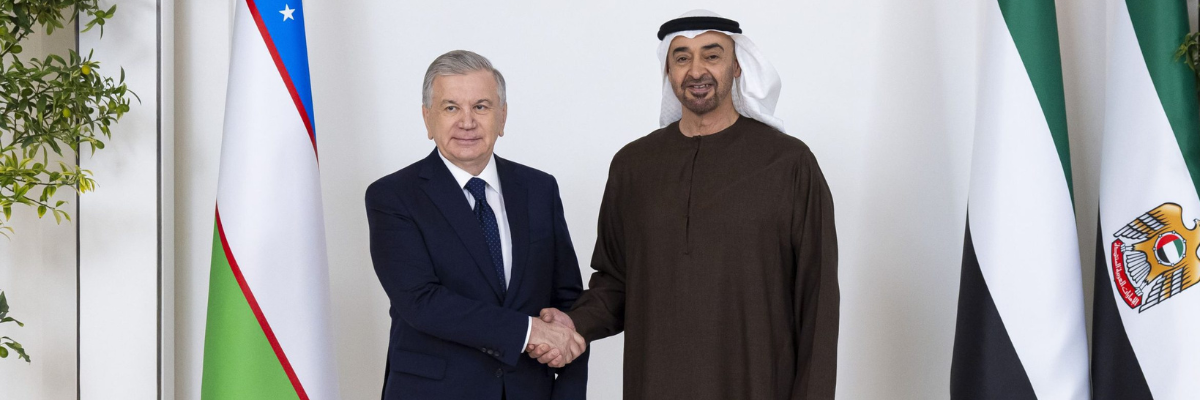Central Asia Relies on Gulf as it Targets Energy Transition
Guest Contributor
January 22, 2025
Since gaining independence in 1991, states in Central Asia and the Caucasus have historically had the strongest energy ties with Russia and China. Yet in the past 5 years, they have significantly expanded their energy cooperation with the member states of the Gulf Cooperation Council (GCC). This cooperation is unidirectional: Gulf companies and institutions are investing substantial capital in energy assets and infrastructure across Central Asia and the Caucasus, but not vice versa.
The GCC and Central Asia have a history of ties in the traditional energy sectors of oil and gas, but the new interregional cooperation prioritizes alternative energy sources—including solar, wind, hydropower, and hydrogen. This shift reflects a change in the GCC’s wider energy diplomacy agenda: to transition from being the world’s leading fossil energy center to being the world’s leading energy center more broadly. Recent Gulf investments in Central Asia and the Caucasus are the active edge in this effort.
Continue reading on the Bourse & Bazaar Foundation website
Photo: Dunyo

